We've all opened invitations for an event like a wedding or high school reunion and immediately wondered, "What am I going to wear?"
You may find yourself in front of your closet in nervous anticipation. Is that old faithful dress going to zip up this time?
If you're anything like me, you're probably sweating as you slip it on, only to discover that, no, your go-to party dress from four years ago doesn't quite fit like it used to.
You're left with two options. The first is getting a new outfit that doesn't make you feel like a stuffed sausage. A little disappointing maybe, but more comfortable. The second of course is losing weight fast. Enter, your crash diet.
While it might be tempting to crash diet in hopes of instant gratification, there are a lot more reasons to lose weight the healthy way.
In fact, it might even be healthier to not try to lose weight at all! Learn about the risks associated with crash diets by reading on.
Thumbnail Photo: Pxhere
What Exactly Is A Crash Diet?
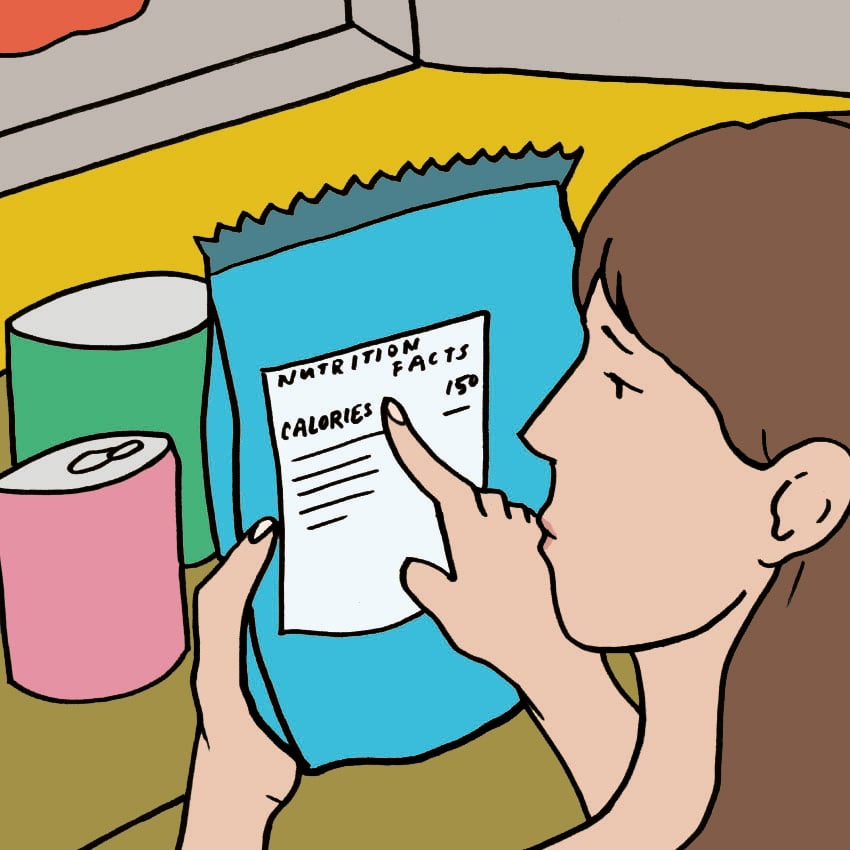
Unlike a regular old diet, a crash diet is one aimed to lose a lot of weight over a short period of time. Sounds ideal right? Well, that depends….
Calorie needs vary from person to person. However, Medical News Today explains that the average number is somewhere in the 2000 to 2500 per day range to maintain weight.
A crash diet is a method of eating where you cut your daily calorie intake by half or even more. They generally require a rigid set of rules and often restrict you to certain foods, like only eating grapefruit or cabbage soup.
1. You Only Lose Water Weight
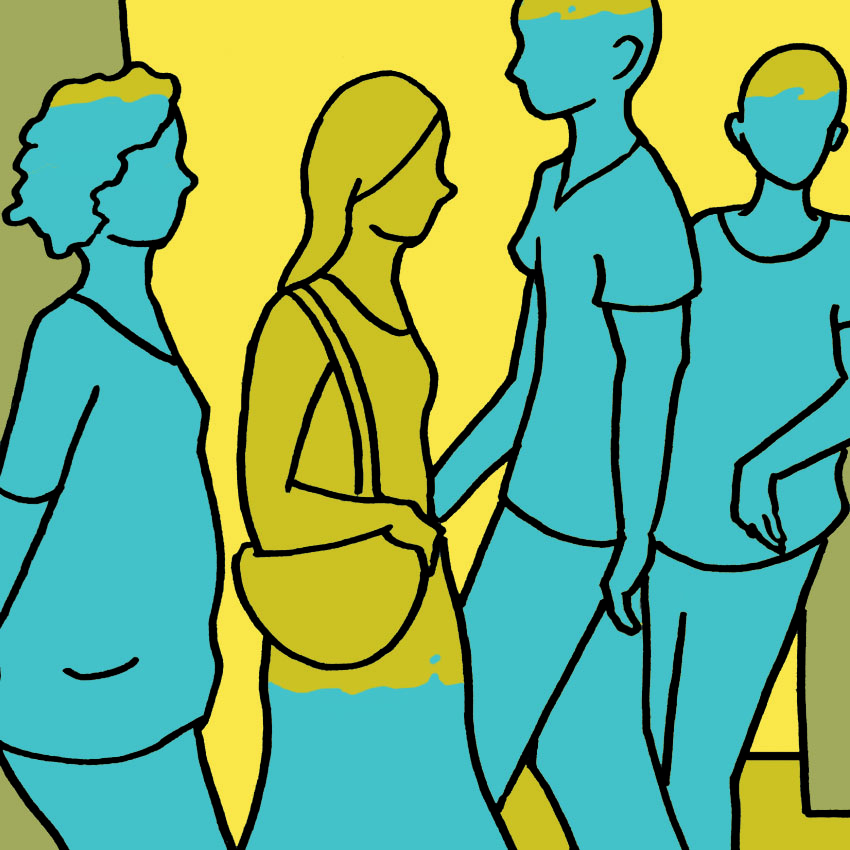
Your body will begin to notice that it's not getting as much fuel immediately.
Since about 50% to 60% of your bodyweight is made up of water according to Women's Health, water is a big factor in our bodies.
When your body is hungry, it's going to eat into reserves for energy. A lot of the vitamins that our bodies retain are inside our bodies in liquid form. Therefore, the first weight you lose will be water instead of fat like you probably wanted.
2. It Burns Vital Nutrients
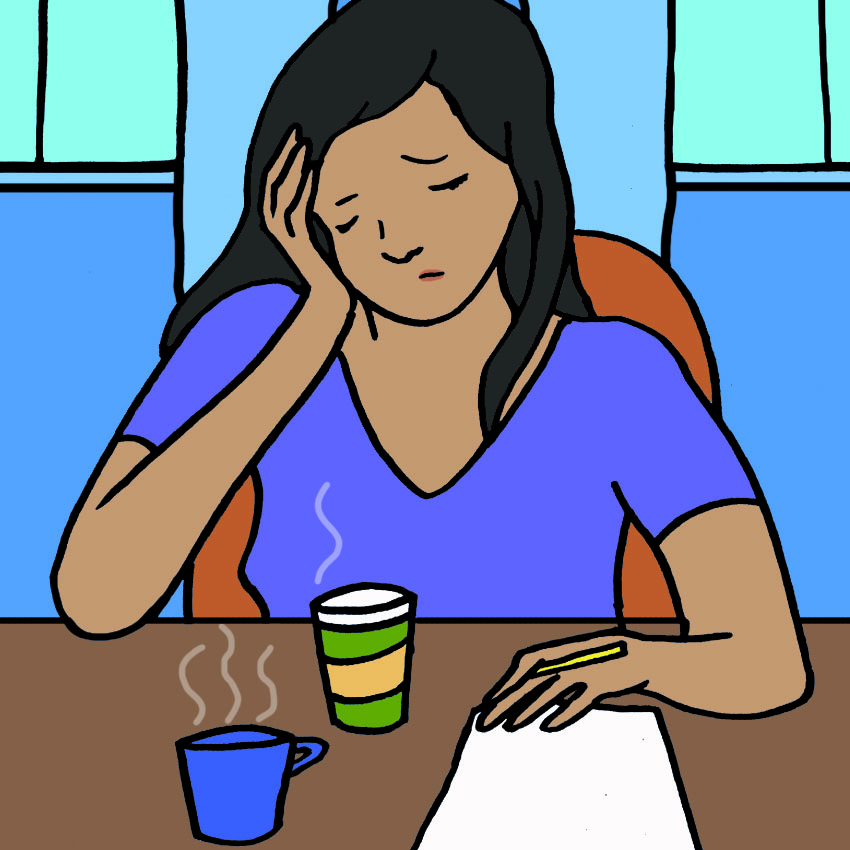
Again, your body knows exactly how hungry you are. When your calorie intake is lowered, your body is going to look elsewhere than it's regular source of fuel.
The Obesity Action Coalition explains that your body will begin to dip into your nutrient stores. This is also known as starvation mode.
It might lead to short-term weight loss but if your body thinks you're starving, it may impact your metabolism over time.
3. You'll Lose Muscle
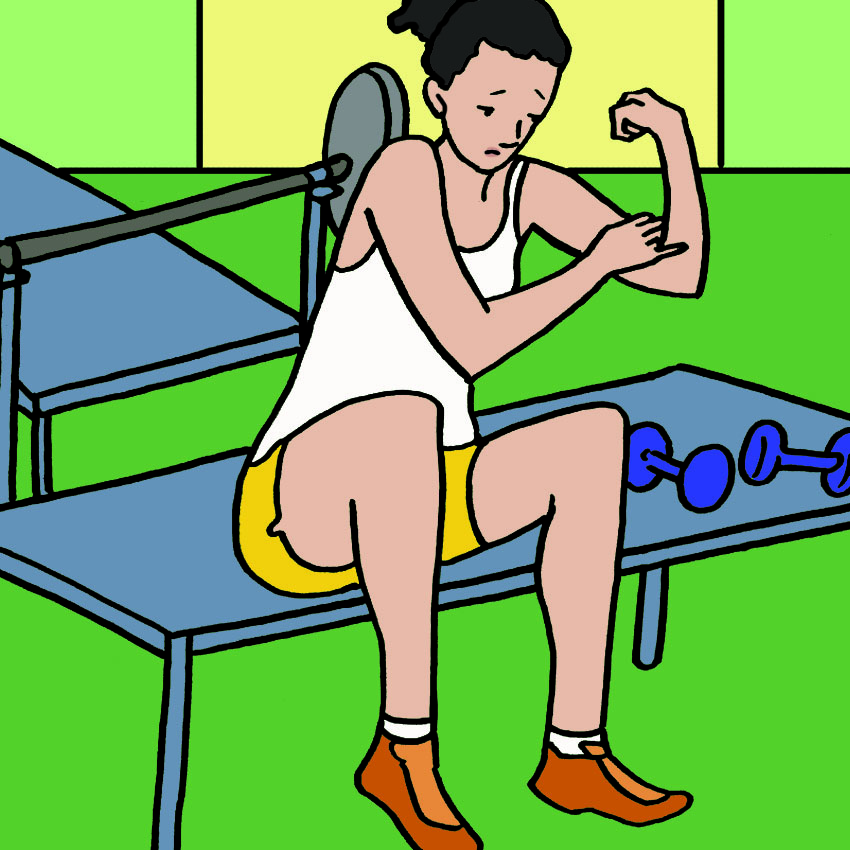
Water and vitamins aren't the only things that your body are going to lose. You'll also lose muscle, which is probably not what you were after.
Obesity Action Coalition reports that crash diets will lead you to lose lean body mass rather than fat. Loss of too much muscle too quickly can lead to all sorts of health problems, especially later in life.
Losing muscle tone can also be counterproductive, because it may actually make your body appear a bit heavier.
4. You Will Gain Weight Back More Quickly
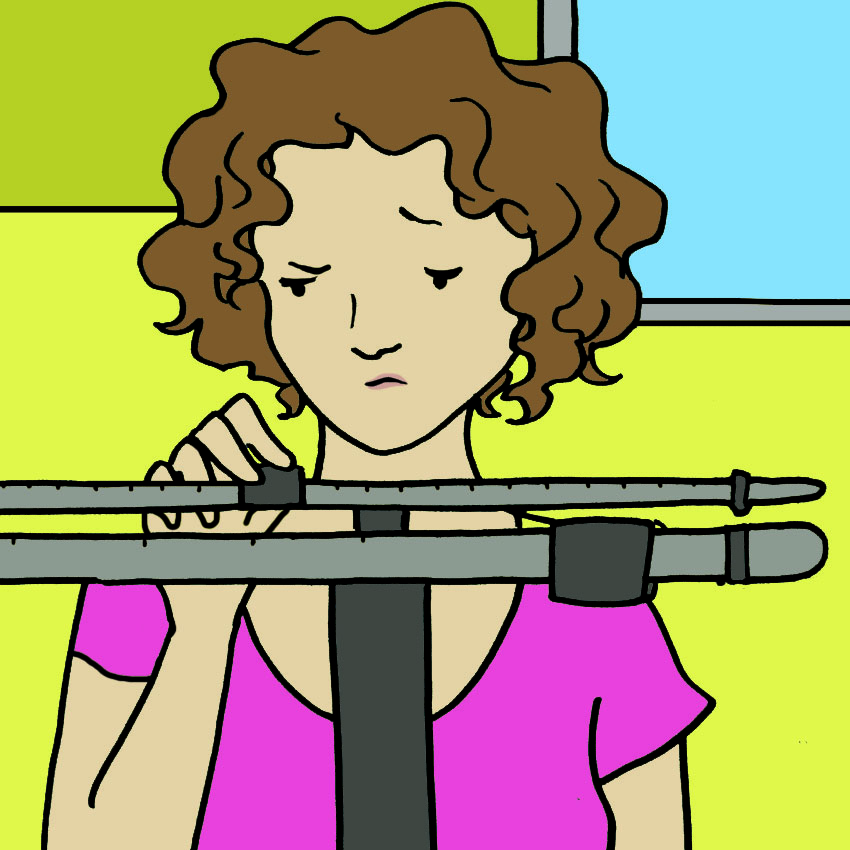
The whole idea with any diet is obviously to lose weight, and ideally keep it off. Unfortunately, this is not what happens with crash dieting.
As soon as you start eating normally again, your body will thank you by gaining weight back quickly in an attempt to return back to a healthy weight, now that you're no longer 'starving.' Of course, usually the weight you started as is not what you want to end up with.
Of course, usually the weight you started as is not what you want to end up with.
In fact, the Obesity Action Coalition said that 40% of participants in a study actually gained back more than their original weight.
5. It's Bad For Your Heart
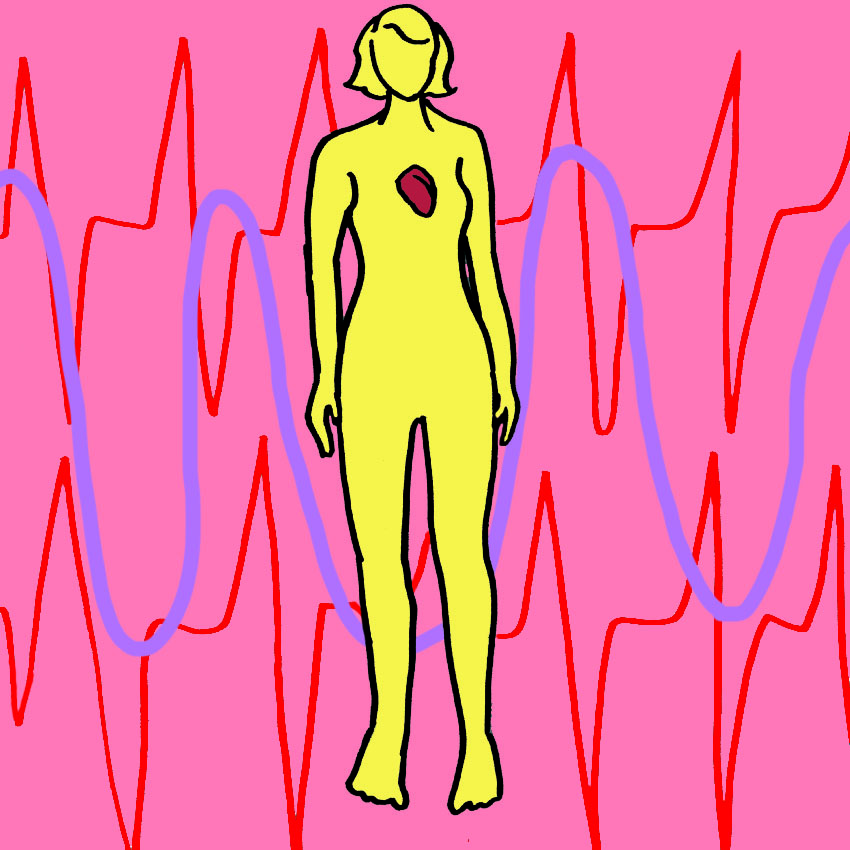
Our hearts are hard at work every day pumping blood around our bodies. It too needs to work in overdrive to make up for the lack of calorie intake and energizing nutrients.
Cardiologist Dr Isadore Rosenfeld tells CNN, "Yo-yo dieting can also damage your blood vessels. All that shrinking and growing causes micro tears that create a setup for atherosclerosis and other types of heart disease."
6. It Could Lead To Diabetes
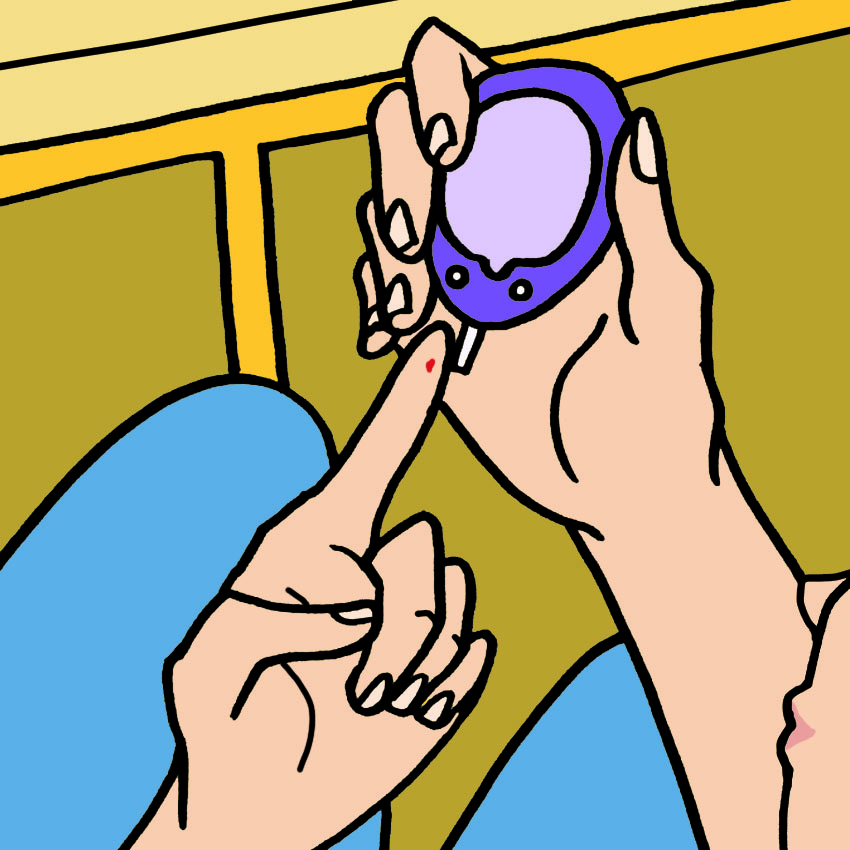
While there are rumors that crash dieting can help reverse type 2 diabetes, it is just another fad diet to be aware of.
Rather, weight fluctuation alters the way your fat tissues are structured and makes them less glucose tolerant, which can lead to diabetes over time.
7. You'll Be Cranky
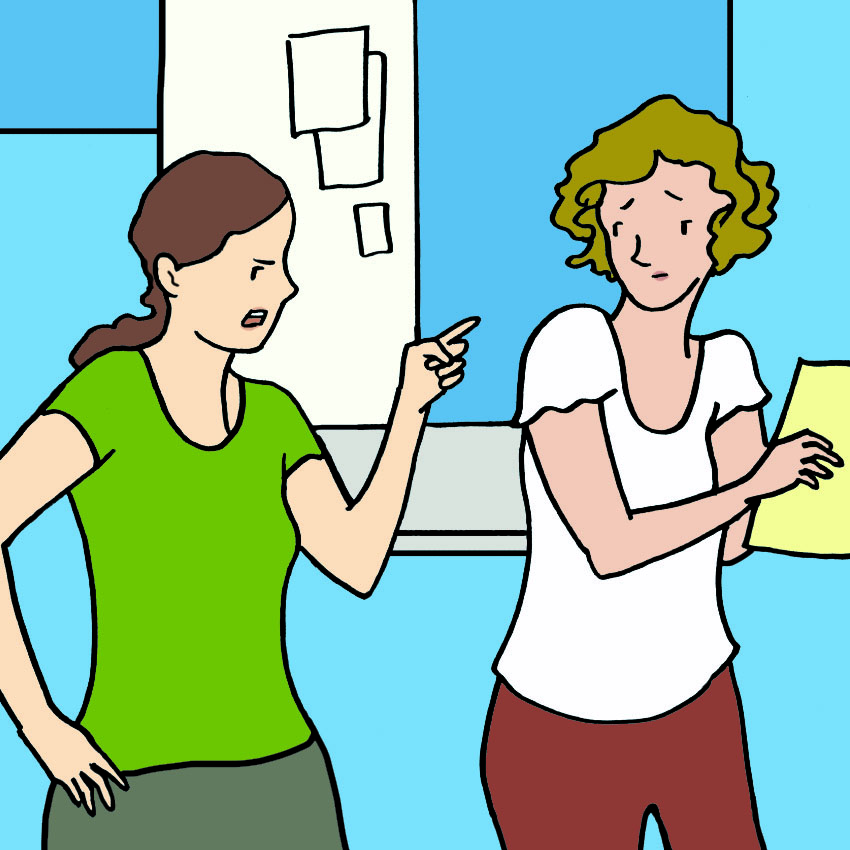
This probably goes without saying, but crash dieting is hard. Your body depends on the foot you eat to function on the inside and outside.
We've all been hangry, which is a combination of being hungry and angry. Crash dieting is essentially asking for this behavior 24/7.
Make sure to SHARE this information with someone who shouldn't crash diet!




